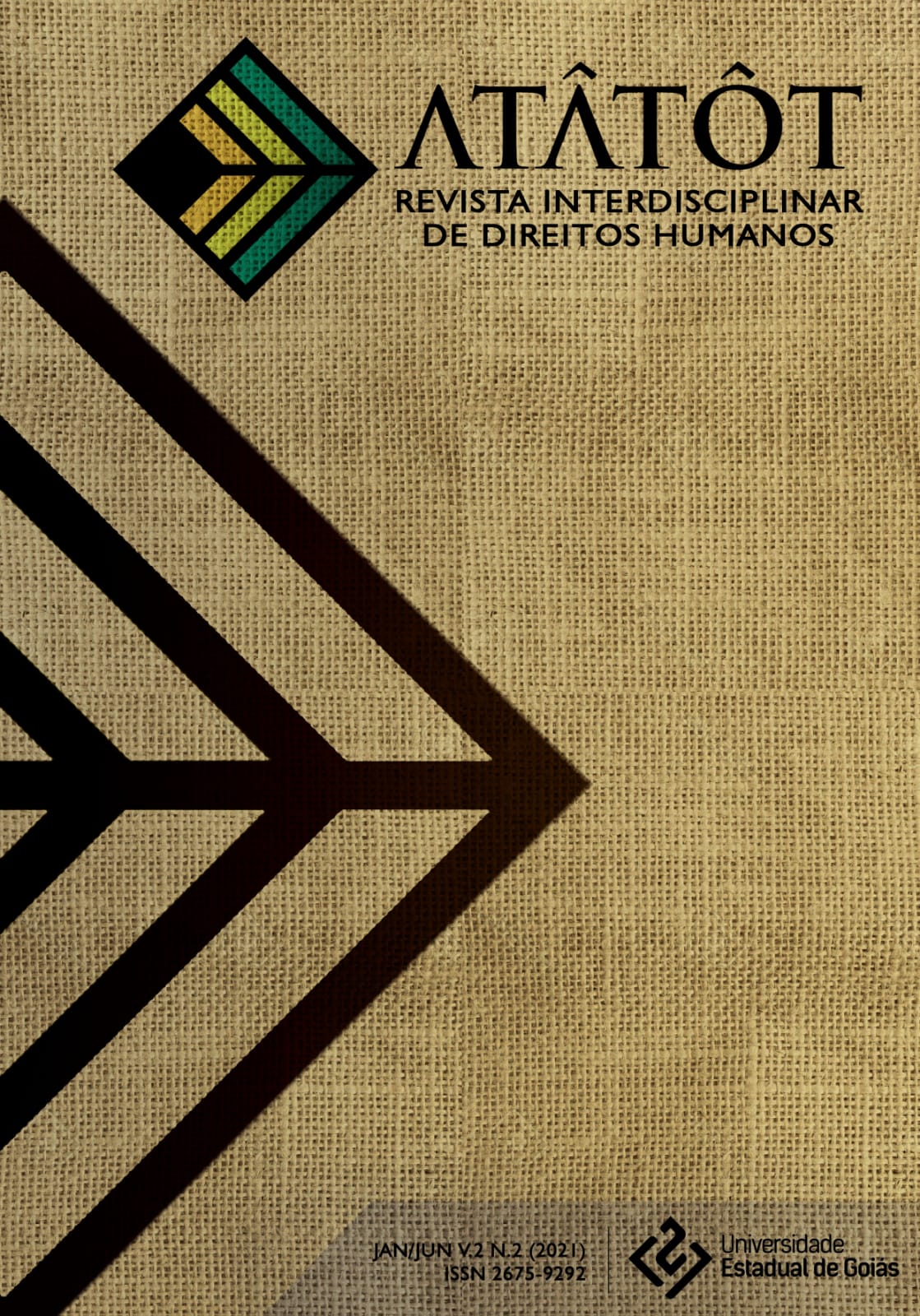Interdependence of Human Rights and the Right to Public Health in Brazil
Keywords:
Direitos Humanos, Interdenpendência dos direitos humanos, Direito à saúdeAbstract
This article investigates to what extent the recognition of the interdependence between Human Rights impacts the realization of the right to public health in Brazil. Therefore, it starts with the identification and analysis of the main characteristics of the Theory of the Dimensions of Human Rights, with emphasis on the dichotomy adopted to categorize rights, also called the canonical or standard conception, whose construction is based on the supposed natural distinction between civil rights, negative and liberal rights against economic, positive and benefiting rights. Then, an examination of the relationship between the State and Human Rights begins, since it is in the context of the latter that the struggle for the effectiveness of such rights becomes more acute, passing through public budgeting as an instrument for the realization of fundamental human rights. Finally, the protection of the right to public health in Brazil is examined in order to verify whether the idea of progressive, linear and expansive evolution of Human Rights actually materializes.
Downloads
Published
Issue
Section
License
Copyright (c) 2021 Atâtôt - Interdisciplinary Journal of Human Rights (UEG)

This work is licensed under a Creative Commons Attribution-NonCommercial-NoDerivatives 4.0 International License.










